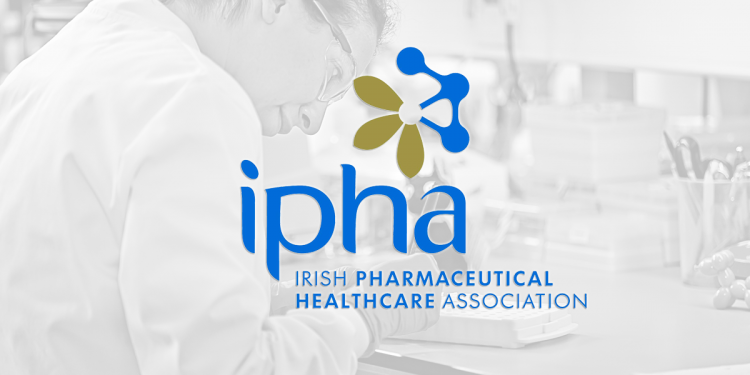On World Cancer Day, pharmaceutical innovators have said they have a central role in delivering better cancer services for Irish patients over the coming years.
The Irish Pharmaceutical Healthcare Association (IPHA), which represents the research-based pharmaceutical industry, called on policymakers, clinicians, researchers and industry leaders to continue to work together on improving cancer outcomes for patients.
Ireland can continue to make gains in cancer outcomes by focusing on prevention programmes, timely diagnosis, access to multidisciplinary care, and improving access to the best new medicines and treatments.
According to the National Cancer Registry of Ireland, every three minutes, someone gets a cancer diagnosis. Every hour someone dies from the disease. In Europe, more than 3.4 million people are diagnosed with cancer every year – and these numbers are on the rise. If trends continue, cancer will soon become the biggest disease burden in Europe, according to the European Federation of Pharmaceutical Industries and Associations.
The research-based pharmaceutical industry is ready to make a central contribution, both strategically and operationally, in achieving the National Cancer Strategy’s goal of placing Ireland in the top quartile of European countries for cancer survival in the next decade.
On average, people with cancer are living longer than ever, and enjoying better quality of life. There are more cancer treatments available than ever before.
Oliver O’Connor, IPHA Chief Executive, said pharmaceutical companies are directly involved with cancer services – from clinical trials and essential medicines right through to home delivery and nursing services.
“Given existing activity and levels of innovation in pharmaceutical treatments, our industry can be a key partner in the ongoing development of cancer services, at both strategic and operational levels. Innovation in medical oncology in recent years is significant and the development pipeline is promising. This is important in the context of rare cancers where options for patients are often limited.
“But innovation is only valuable when it is used to treat patients. In evaluating innovative cancer treatments, decisions must be more effective and timely. We need to get better at reimbursement decision-making in Ireland. How fast we can get the latest cancer treatments to patients matters hugely in improving health outcomes,” he said.








![57% of people in Ireland are unaware that Pneumococcal disease is vaccine preventable [1]](https://www.pharmacynewsireland.com/wp-content/uploads/2021/11/TOP-100-Products-21-120x86.png)



